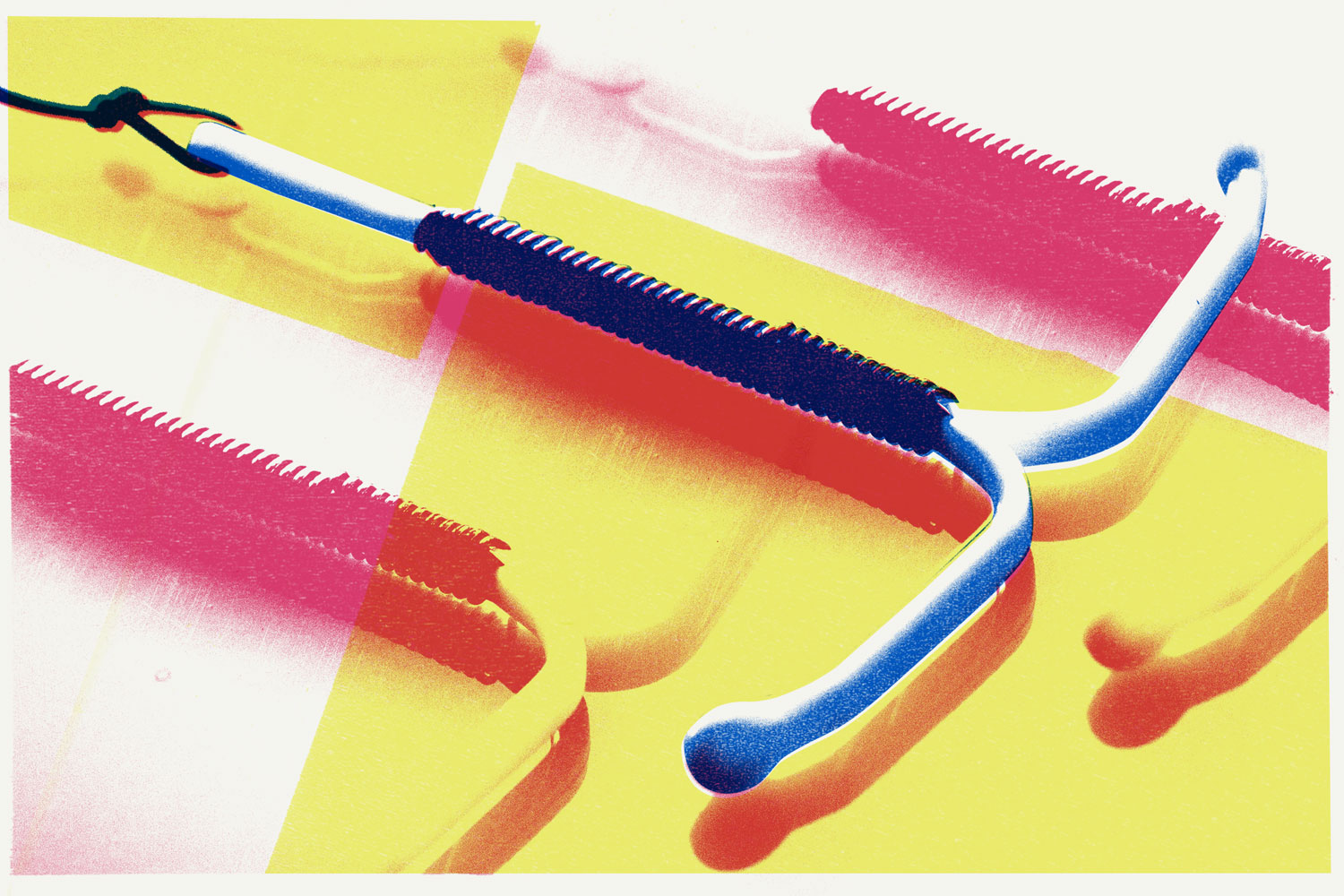
The number of women who visited their doctor to discuss intrauterine devices (IUDs), a form of long-acting reversible contraception, rose nearly 19% after Donald Trump was elected as President of the United States.
New data from the electronic health record company AthenaHealth shows that out of one million patient doctor’s visits examined within the AthenaHealth network between October and December 2016, visits that coded for IUD management or insertion rose about 19%. The researchers said that it was the first time in five years that a spike in visits related to IUDs increased in November and December.
After the election, recommendations for women to get IUDs spread widely on social media. IUDs are considered highly effective, with only a 0.2% to 0.8% typical use failure rate (compared to an 18% failure rate for condoms and 9% rate for the pill). There remains concern that Republicans’ plans to repeal the Affordable Care Act could get rid of birth control coverage without copays, especially since the Trump Administration has not released a new health care plan.
Birth control pills can cost anywhere from $160 to $600 each year, while IUDs and other long-lasting forms of birth control can range from $500 to $1,000. However, IUDs last for years after they’ve been inserted. Hormonal IUDs can last around three to six years depending on the brand, and the non-hormonal IUD can last up to 12 years.
“The morning after the election we had an immediate uptick in calls from women who were concerned about the election,” Gretchen Borchelt, the vice president for reproductive rights and health at the National Women’s Law Center, told Vox.
As TIME has previously reported, American women have been slow to adopt the IUD compared to women in other countries, largely due to bad reactions from early versions of the method. Today, the IUD is considered safe and effective. Studies have also shown that more women choose the IUD or other long-acting contraceptives if money is not a barrier.

More Must-Reads From TIME
- The 100 Most Influential People of 2024
- Coco Gauff Is Playing for Herself Now
- Scenes From Pro-Palestinian Encampments Across U.S. Universities
- 6 Compliments That Land Every Time
- If You're Dating Right Now , You're Brave: Column
- The AI That Could Heal a Divided Internet
- Fallout Is a Brilliant Model for the Future of Video Game Adaptations
- Want Weekly Recs on What to Watch, Read, and More? Sign Up for Worth Your Time
Contact us at letters@time.com